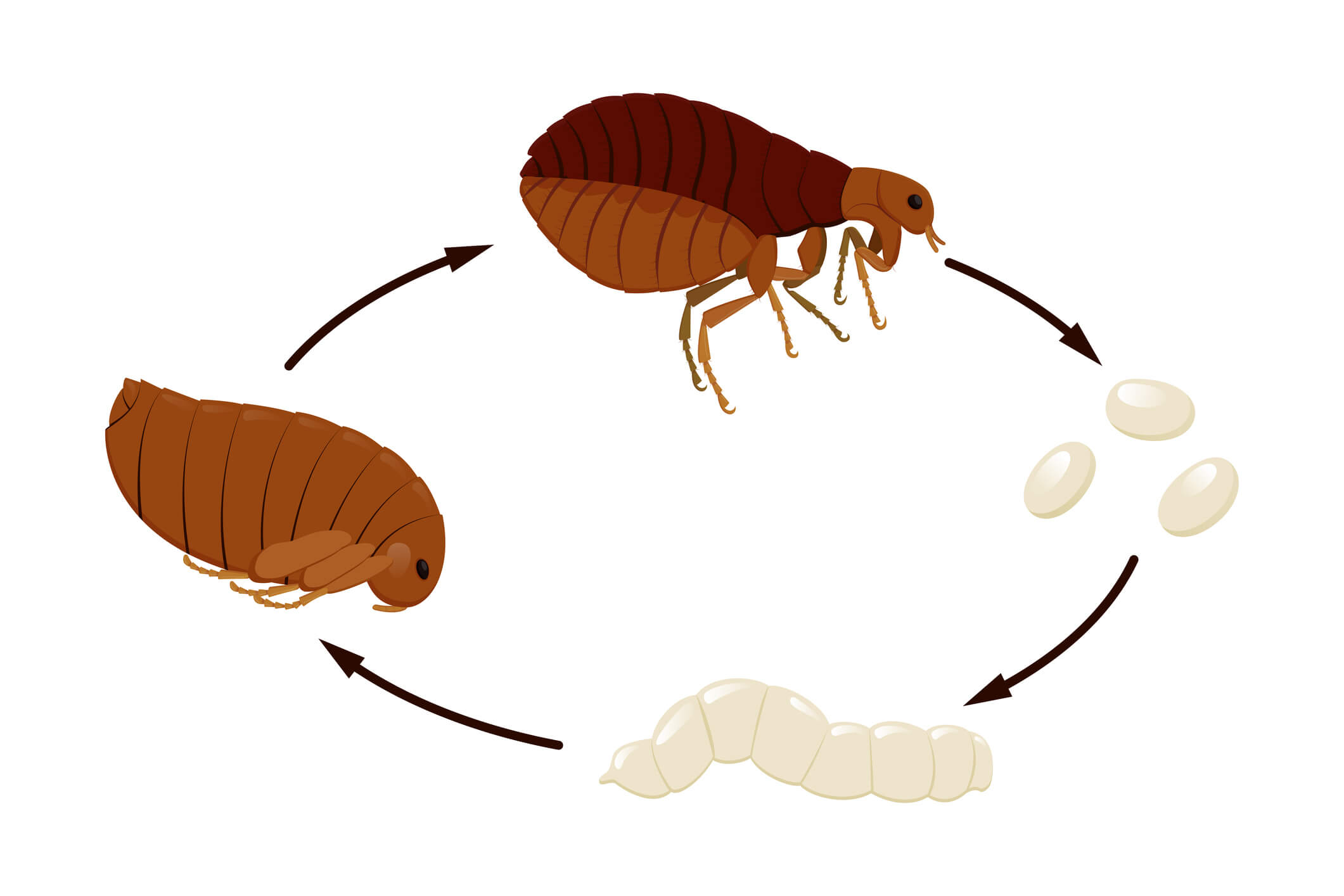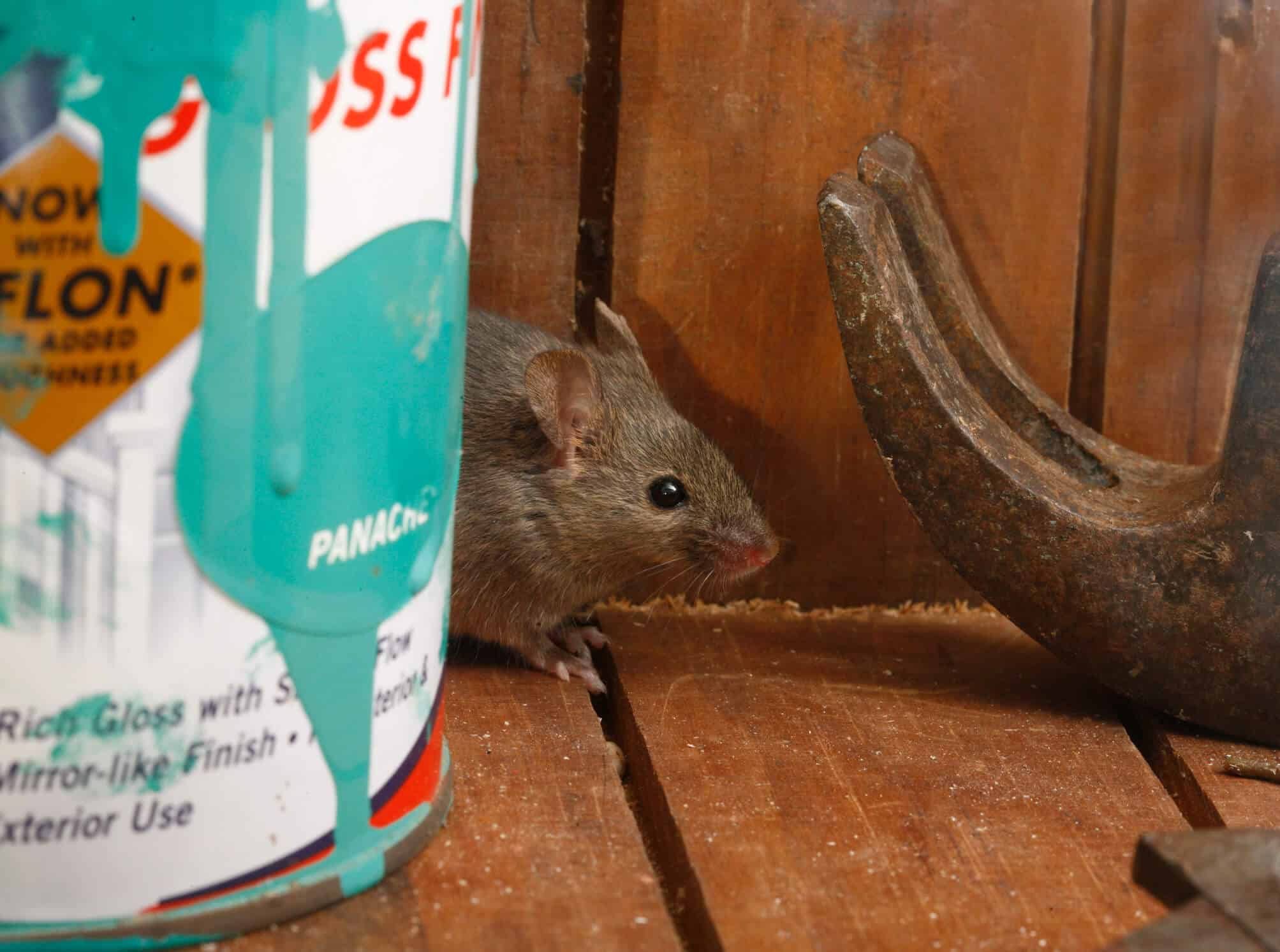How To Avoid Bugs When Camping

What could be better than some time outdoors away from the hustle and bustle of modern life? Camping is a beloved pastime that allows individuals and families to get quiet time away from everyday life. However, being outside can open the doors to unpleasant experiences with nature, especially insects.
When you camp, you are entering a bug’s domain, but just because you are in their home doesn’t mean you have to suffer. There are steps you can take before and during a camping trip to reduce the amount of insect activity around you and avoid itchy or painful bites.
Keeping the bugs away
One of the easiest ways to protect yourself while outdoors is by applying insect repellent. There are tons of choices, from traditional sprays to natural repellents. Applying these products regularly while camping can save you from having to swat away flies or mosquitoes or even from worrying about tick bites, which can carry serious illnesses like Lyme disease and Rocky Mountain spotted fever.

When tent camping, make sure your tent flap remains closed or zipped unless you are passing through the threshold. If the zipper doesn’t work or your tent doesn’t include one, installing a bug net can add an extra layer of security. If you keep your shoes outside the tent, be sure to inspect and shake them before putting them on; bugs and other critters can shelter inside them. The same can be said for sleeping bags, towels, and clothing whether you are in a cabin or a tent. A simple shake can dislodge or disturb any unwelcome visitors.
To avoid drawing in flies or ants to your campsite, try to keep it as clean as possible. Don’t leave food out for an extended amount of time and dispose of any food waste into a sealable container after you’re finished eating. Wipe down eating surfaces and clean or store dirty dishes promptly.
If your camping trip includes hiking trails, be sure to stay on clear paths. Straying off paths and into forest debris, tall grass, or thick brush increases your susceptibility to stinging insects as well as ticks. An unsuspecting hiker can disturb a hive by accident, causing a swarm with painful consequences. If you are hiking in a group and notice a nest, make sure the rest of the group is aware of it as you pass.
Tall grass and brush make it easy for ticks to hitch a ride on hikers. Avoiding these areas is the best way to reduce contact with ticks, but other measures may be taken to make it harder for a tick to bite you. Wearing long sleeves, pants, and tall socks makes it harder for a tick to find exposed skin. It’s also easier to spot a tick against light-colored clothing, so keep that in mind when choosing your hiking clothes. Always check yourself for ticks after being outside and help others in your hiking party do the same—don’t forget about pets, too!

An easy way to reduce insect activity around your campsite is by keeping a fire going. Many bugs despise the smell of smoke and won’t come near it. Burning certain herbs like sage, mint, rosemary, or eucalyptus can make your fire even more effective. Humans usually enjoy the smell of these herbs, but bugs do not. If you do make a fire, always make sure it’s completely extinguished before leaving your campsite.
Packing list
Making a packing list for your next camping trip? These items can help you repel bugs and enjoy your trip with fewer bug bites.
Bug repellent
Personal repellent sprays containing DEET are the most effective, and a trip to your local camping or outdoor store can help secure a product recommendation specific to the area you’ll be visiting. Don’t forget repellants for the campsite as well, such as citronella candles or diffusers.
Appropriate Clothing
Pack clothing that will reduce the amount of exposed skin while outdoors, such as long sleeves, pants, hats, and tall socks. Light-colored clothing can also make it easier to spot ticks that may be trying to hitch a ride on you.

Sealable containers for food and trash
After eating, store all trash and leftover food in sealed containers. The scent of leftover food can draw pests into your campsite.
Fragrance-free toiletries
Strong scents in shampoos, soaps, deodorants, colognes, and other hygiene items can draw in insects. Aim for packing unscented toiletries instead.



